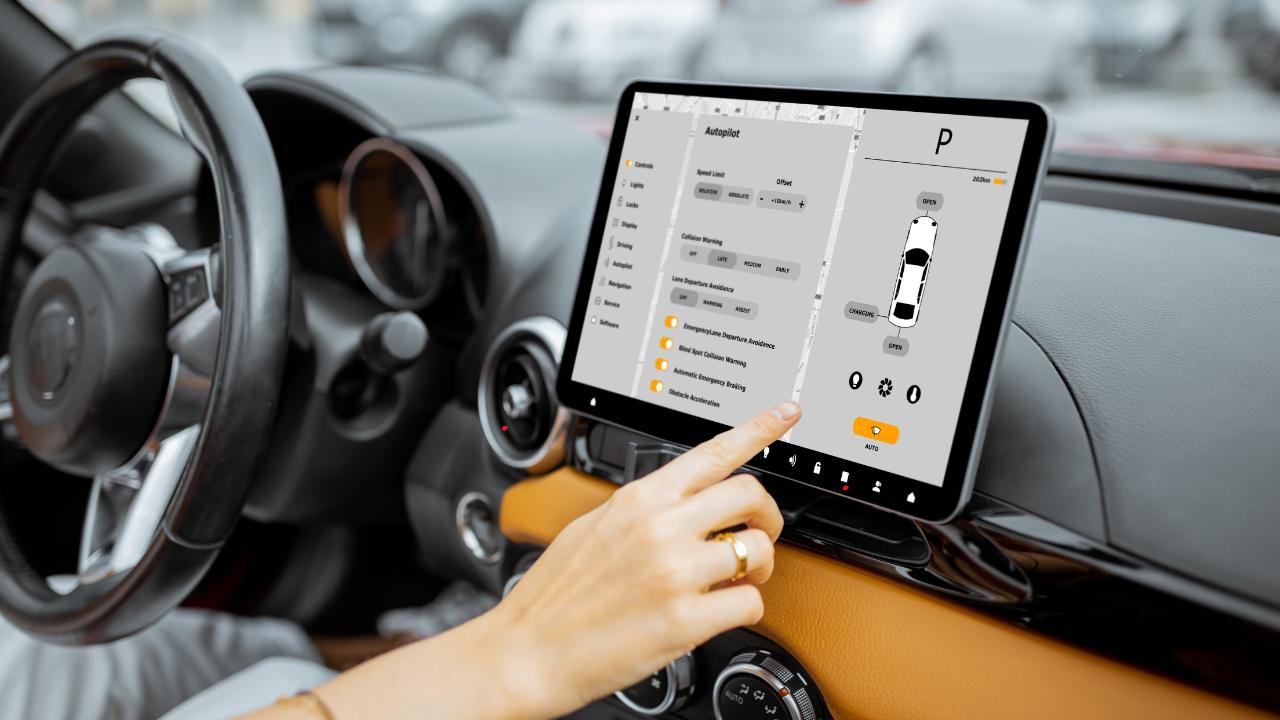When buying a car, you need to know its exact details. The engine type, trim level, and features can affect its value and performance. Instead of relying on a seller’s word, you can check everything yourself using the Vehicle Identification Number (VIN). This guide will show you how to lookup vehicle specs by VIN in just a few minutes.

What Is a VIN and Where Can You Find It?
A Vehicle Identification Number (VIN) is a unique 17-character code assigned to every vehicle. It works like a fingerprint. No two cars have the same VIN.
You can find the VIN in several places:
- Dashboard: Look through the windshield on the driver’s side, near where the dashboard meets the glass.
- Driver’s Side Door: Open the door and check the sticker near the latch.
- Engine Bay: Some manufacturers place the VIN on a plate under the hood.
- Car Documents: The VIN is also in the registration papers, title, and insurance documents.
Once you find the VIN, you can use it to check the car’s specifications online.
How to Check a Car’s Specs Using a VIN
Now that you have the VIN, let’s go step by step on how to decode it and retrieve accurate information about the vehicle.
1. Use a Free VIN Decoder
One of the fastest ways to check vehicle specs is by using an online VIN decoder. These tools are widely available and can provide instant details about the car.
How to use a VIN decoder:
- Go to a VIN decoding website such as the National Highway Traffic Safety Administration (NHTSA) VIN lookup tool, a manufacturer’s website, or third-party services.
- Enter the 17-character VIN in the provided search box.
- Click the search or decode button.
- Review the results, which typically include:
- Make, model, and year
- Trim level
- Engine type and size
- Transmission details
- Drive type (FWD, RWD, AWD)
- Standard and optional features
This method is especially useful for quickly identifying a vehicle’s specs without needing to see the car in person.
2. Check the Manufacturer’s Website
Car manufacturers have their own VIN lookup tools. These give more detailed and accurate information.
Steps to check vehicle specs through the manufacturer:
1️⃣ Visit the automaker’s official website (e.g., Toyota, Ford, Honda).
2️⃣ Look for a “VIN Lookup” or “Vehicle Specifications” section.
3️⃣ Enter the VIN and submit your request.
4️⃣ Review the detailed report, which may include factory-installed features, safety ratings, and maintenance recommendations.
This is the best method if you want to know exact features from the manufacturer.
3. Use a Vehicle History Report Service
If you’re buying a used car, you might want more than just the specs—you’ll also want to know its history. Services like VinCheck.info, Carfax, and AutoCheck not only provide specs but also reveal accident history, title status, and previous ownership.
How to use a vehicle history service:
- Go to a reputable vehicle history report website.
- Enter the VIN and pay for a full report if necessary.
- Receive a report with:
- Vehicle specs
- Ownership history
- Accident records
- Odometer readings
- Recalls and service history
This method is great for checking if a used car has hidden issues.
4. Check the Vehicle’s Window Sticker (For Newer Cars)
If the vehicle is relatively new, you might still be able to access its original window sticker, also known as a Monroney sticker. Some websites allow you to recreate a car’s window sticker by entering the VIN.
A window sticker shows:
- Manufacturer’s Suggested Retail Price (MSRP)
- Factory-installed features and options
- Fuel economy ratings
- Warranty coverage
This method is particularly useful if you’re buying a used car and want to see exactly how it was configured when new.
Why Checking Vehicle Specs by VIN Is Important
Using the VIN to check a car’s details is important for many reasons:
✅ Avoid Misrepresentation: Some sellers might mislabel the trim level or engine type, whether by mistake or to inflate the vehicle’s value. Checking vehicle specs by VIN number ensures accuracy.
✅ Confirm Factory Features: Knowing whether a vehicle has premium features (like leather seats, a sunroof, or advanced safety technology) can affect your buying decision.
✅ Ensure Compatibility for Repairs and Parts: If you need replacement parts, knowing the correct engine and transmission type prevents ordering the wrong components.
✅ Assess Value and Insurance Costs: Vehicle specs impact resale value and insurance rates. A detailed lookup helps you estimate costs accurately.
Final Thoughts
Checking a car’s specs using the VIN is quick and easy. Whether you want to verify a seller’s claims, get the right replacement parts, or estimate a car’s value, a VIN lookup can help.
Before buying a car, always check the VIN. It’s a simple step that can save you from costly mistakes!